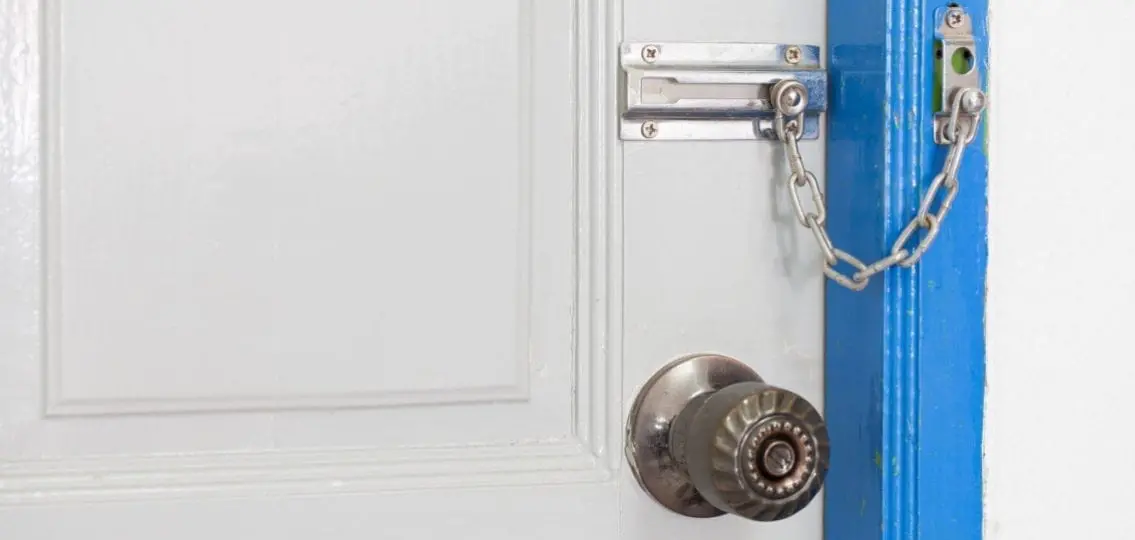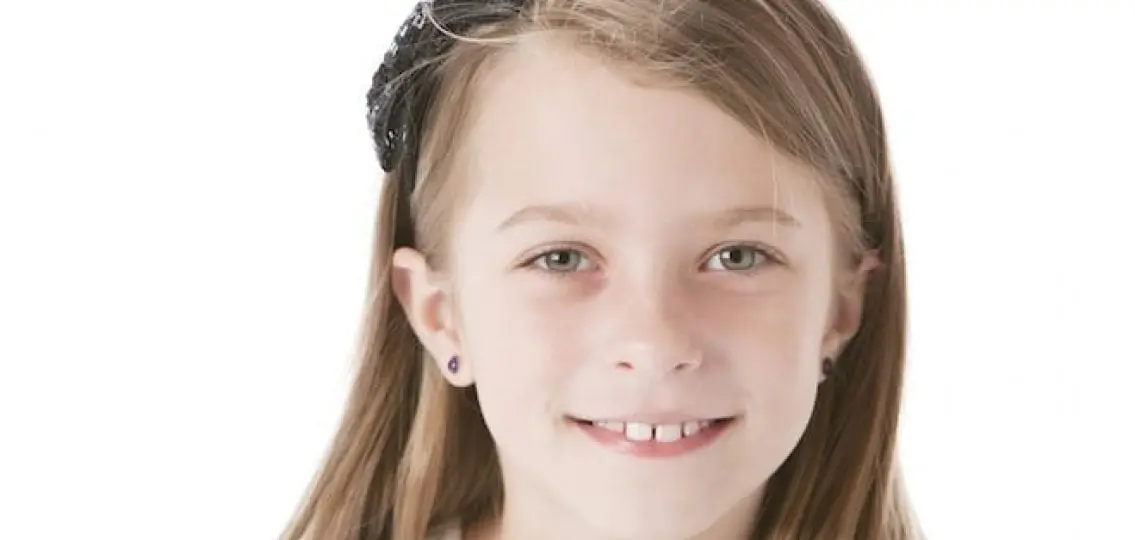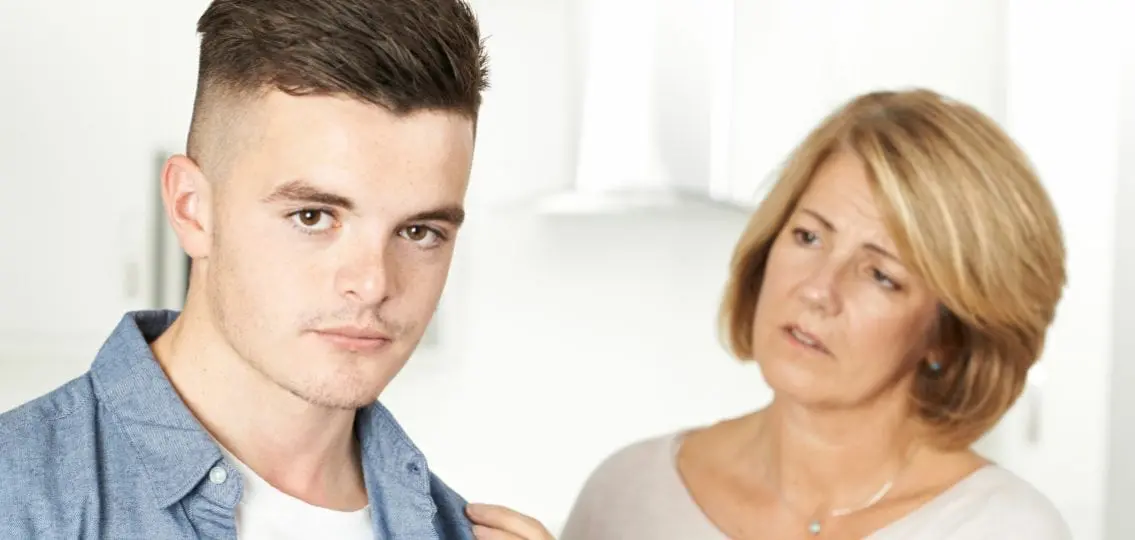When each of my three kids started going through puberty at the ages of ten and eleven, it brought back a lot of memories for me because I was an early bloomer too. I got my period when I was eleven and was shopping for underwire C-cup bras when my friends were wearing cute training bras.
I was lonely and moody, unable to process these dramatic puberty changes that made me feel so different from my peers. Early puberty has affected my kids in similar ways.

All of my children have extroverted tendencies and were boisterous and confident as little kids. But things seemed to change overnight when my oldest turned eleven. He became reclusive, losing interested in many sports he used to love and wanting to spend most of his time alone in his room. His sudden change due to puberty made me question my parenting.
The Unpredictable Nature of Puberty
I tried to dig deeper into my son’s life, but he didn’t want me there. When I asked him questions, I got shoulder shrugs and barely audible mumbles, which was a sharp contrast to the lengthy responses I was used to. I reached out to other parents with kids the same age, looking for some validation that this was normal behavior. But no one seemed to be having the same struggles I was having with my son.
Then I talked to his pediatrician. She gently reminded me that puberty changes a child in sometimes unpredictable ways. My son’s peers weren’t going through the same hormonal and physical shifts puberty brings on, so of course they weren’t able to relate—not yet, anyway.
The pediatrician reassured me that my son’s choice to isolate himself was normal. She recommended that I encourage him to spend more time with others and less time alone in his room, but that I shouldn’t push him too hard.
When my daughter followed in my son’s footsteps and started puberty when she was eleven, I was much more prepared for it. It helped that our pediatrician had assured me that all of the changes my children were experiencing were completely normal, if sooner than most of their friends. So I felt I had the confidence to be the best mother I could be during this new stage in my daughter’s life. And now that my third child is going through early puberty, I’m able to put everything into practice that I’ve learned from my older two.
3 Tips for Coping with Puberty:
I’ve learned from experience, research, and our family pediatrician.
1. Remember it’s not about you.
When my oldest child went through this early puberty, I kept letting him know that his behavior hurt me. Don’t make the same mistake. Your child’s experience with puberty has nothing to do with you. Making their physical and emotional development about your feelings will build conflict because your teen has no idea how to take on that extra emotional baggage right now.
2. Know that they still love you.
Some days, your child will seem like their old joyous self, only to have their mood change very quickly and make you long for your child to come back. Be patient with the sudden and dramatic mood swings and changes due to puberty. Know that they still love and need you just as much ever. It may look different now, but the need is still there even if they can’t express it.
3. Be patient and roll with the changes.
Don’t let their attitude or behavior affect how you treat them. Yes, there need to be consequences for unacceptable and disrespectful behavior, but if you sense your teen isn’t feeling talkative and clearly wants to be left alone, don’t take it personally. They are trying to figure out who they are and what’s going on with them. Down time can be a good thing. Sometimes they just need a gentle push to get them involved in family life again.

It’s not easy to be a teen going through all these changes, especially when puberty happens earlier than it does for other kids. It’s not easy for us as parents, either, when we think we have more time before we have to worry about puberty. Just know that your child is going through many of the same changes you experienced yourself. They still need you to be the same loving parent you’ve always been.




